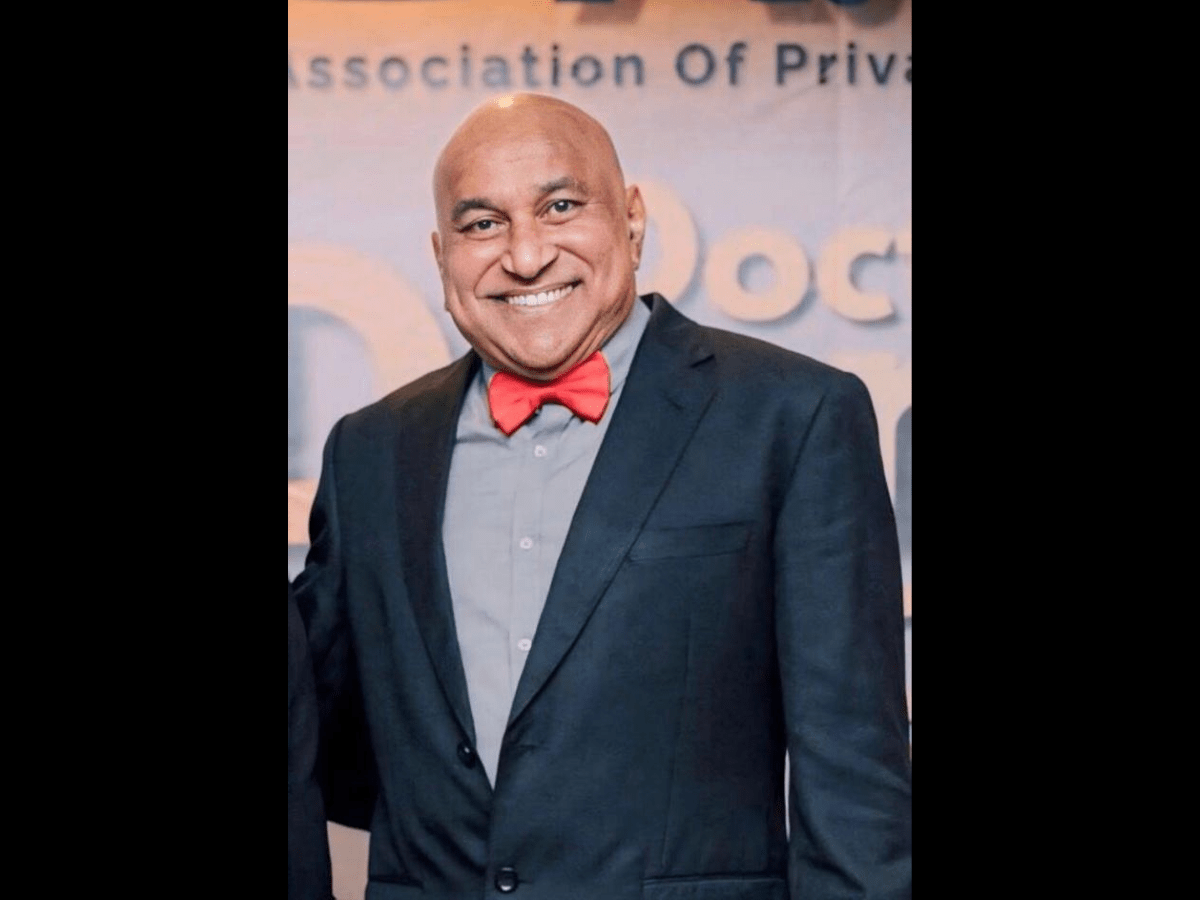


Dr James Jeremiah tells MOH to first display the details of project tenders. “If MOH demands full drug price display from small, single-doctor clinics, then Malaysians deserve to see the cost of every MOH project, down to the last screw and toilet brush.”
In a recent article published by Free Malaysia Today, the private health care sector was once again chided and reminded to “embrace transparency” or risk losing public trust.
The Federation of Malaysian Consumers Associations (FOMCA), the Consumers’ Association of Penang (CAP), and the Ministry of Domestic Trade and Cost of Living (KPDN) appear determined to single out private general practitioners (GPs) for not displaying medicine prices, framing us as barriers to transparency and affordability in health care.
Let’s be clear. General practitioners are not afraid of price display. We are for transparency, completely, unreservedly, and unequivocally. What we reject is selective enforcement, bureaucratic overreach, and the moral hypocrisy of institutions that preach transparency to others but operate in shadows themselves.
If Malaysia truly wants a transparent health care system, then transparency must start from the top, not be forced upon the smallest players in the ecosystem while the larger institutions remain veiled in opacity.
MOH Must Lead By Example
The Ministry of Health (MOH) cannot demand compliance from the private sector while it fails to walk the talk on its own operations. How many closed tenders has MOH issued in the past five years? What was the selection criteria for contractors building hospitals, maintaining government facilities, supplying pharmaceuticals, or providing IT solutions?
Who are the recipients of multi-million ringgit hospital maintenance contracts? Are they awarded based on capability or connection? Why are these contracts not publicly listed, with line-by-line breakdowns of awarded sums and timelines?
And what about outsourced cleaning and support services in public hospitals, often riddled with complaints, delays, and inefficiencies? How are these vendors selected? How many of these tenders were awarded through opaque processes?
If MOH demands full drug price display from small, single-doctor clinics, then Malaysians deserve to see the cost of every MOH project, down to the last screw and toilet brush.
Let’s begin with full disclosure of the financial costs for every hospital built or upgraded in the last 10 years. Let’s also make public the names of the individuals and companies involved in selecting, bidding, and approving these deals.
Until then, any sermon on transparency rings hollow.
KPDN: Please Stick To Chicken And Eggs
KPDN has suddenly developed an interest in regulating health care, flexing powers under the Price Control and Anti-Profiteering Act 2011 (Act 723). A ministry that struggles to keep the prices of chicken and eggs stable now claims authority to barge into GP clinics and regulate drug pricing, a domain far outside its technical expertise.
Why isn’t KPDN focusing on its core mandate? Has the price of cooking oil, rice, and petrol been resolved? Is the ministry prepared to regulate costs in private hospitals, insurance premiums, and third-party administrator (TPA) charges? Or is it simply easier to pick on the low-hanging fruit, small GP clinics, who have no lobbyists or monopolies to shield them?
The reality is this: GPs are not profiteers. We are the first line of defence in Malaysia’s medical system. We see patients others turn away. We absorb price hikes, staff shortages, and compliance costs without increasing consultation fees, which have remained unchanged for over 30 years. Yet we are portrayed as greedy villains by those who refuse to scrutinise their own systems.
FOMCA And CAP: Side Characters In A Larger Story
FOMCA and CAP continue to play the role of “concerned watchdogs” every time the issue of health care pricing arises. But where were they when public hospital wait times soared?
Where were they when insurance companies slashed benefits and increased premiums? Where are their statements when TPAs delay payments to clinics or dictate which medications a patient can afford?
Let’s also ask the obvious: Who funds these NGOs? Are their funding sources transparent? Are they truly neutral or politically motivated mouthpieces that conveniently target private GPs while remaining silent on corporate profiteering?
If they are serious about health care transparency, let them investigate how much profit a medical insurance company makes on an annual basis, many of which dictate treatment protocols without ever meeting a single patient.
A Call For System-Wide Transparency
If transparency is truly the goal, then let’s have a national medical cost transparency initiative, a portal where every MOH tender, hospital construction cost, insurance claim rejection, drug markup percentage, and TPA administrative fee is logged and searchable. Only then can we begin to have an honest conversation about cost and care.
Let us also not forget that the real-cost inflation in health care is being driven by government inefficiencies, monopolistic procurement practices, and artificial barriers to competition.
Recent examples involving Pharmaniaga’s monopoly on drug supply and FOMEMA’s exclusive rights to foreign worker health screenings are clear indicators that cartel-like structures exist, but not in GP clinics.
We Will Display Our Prices—Will You?
We, private GPs, are ready to display our prices, item by item, if necessary. But first, we want the same transparency from those who sit in ivory towers and draft policies detached from the realities of everyday medical practice.
We invite MOH to publish every contract they sign. We invite KPDN to explain how it suddenly gained authority in medical regulation. And we invite FOMCA and CAP to stop barking at shadows and start chasing the real beasts.
Until then, we advise KPDN to focus on their chicken and egg list and let MOH do its own housekeeping before sweeping into our clinics with more forms and fines.
Leadership in transparency must begin at the top. Until then, don’t lecture us GPs on trust.
Dr James Jeremiah is the past president and founding president of the Association of Private Practitioners Sabah (APPS).